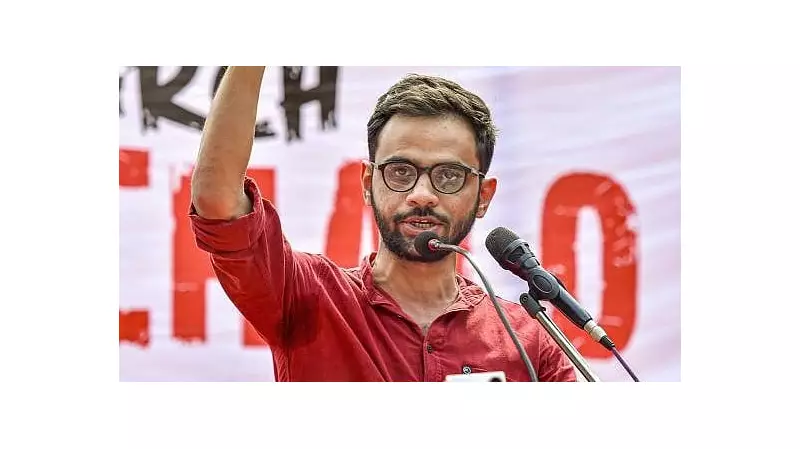
In a significant development before the Supreme Court, activist Umar Khalid has vehemently denied any involvement in the 2020 Northeast Delhi riots, asserting that the prosecution has failed to produce any credible evidence linking him to the violence that shook the nation.
The Core Argument
Appearing before a bench of Justices Prashant Kumar Mishra and Justice A S Oka, Khalid's legal team presented a compelling case highlighting the absence of substantive proof. The defense emphasized that despite serious allegations under the stringent Unlawful Activities (Prevention) Act, the investigation has yielded no concrete evidence demonstrating Khalid's participation in the conspiracy allegedly behind the communal violence.
Legal Proceedings Unfold
The hearing witnessed intense legal arguments as Senior Advocate Kapil Sibal, representing Khalid, challenged the prosecution's narrative. "The entire case rests on assumptions and hypothetical scenarios rather than factual evidence," Sibal argued, questioning the foundation of the conspiracy charges that have kept Khalid in judicial custody for an extended period.
Prosecution's Stance
Additional Solicitor General S V Raju, appearing for the Delhi Police, maintained that Khalid was part of a "larger conspiracy" behind the riots. The prosecution argued that Khalid's speeches and activities prior to the violence indicated his involvement in planning the disturbances that resulted in numerous casualties and widespread destruction.
Background of the Case
The 2020 Northeast Delhi riots remain one of the darkest chapters in recent Indian history, with over 50 lives lost and property worth crores damaged during the communal clashes. Khalid has been in custody since September 2020, facing charges under UAPA for his alleged role in the conspiracy.
The Supreme Court has scheduled further hearings as it carefully examines the evidence presented by both sides, in a case that has drawn significant national attention and raised important questions about the application of anti-terror laws in India.






